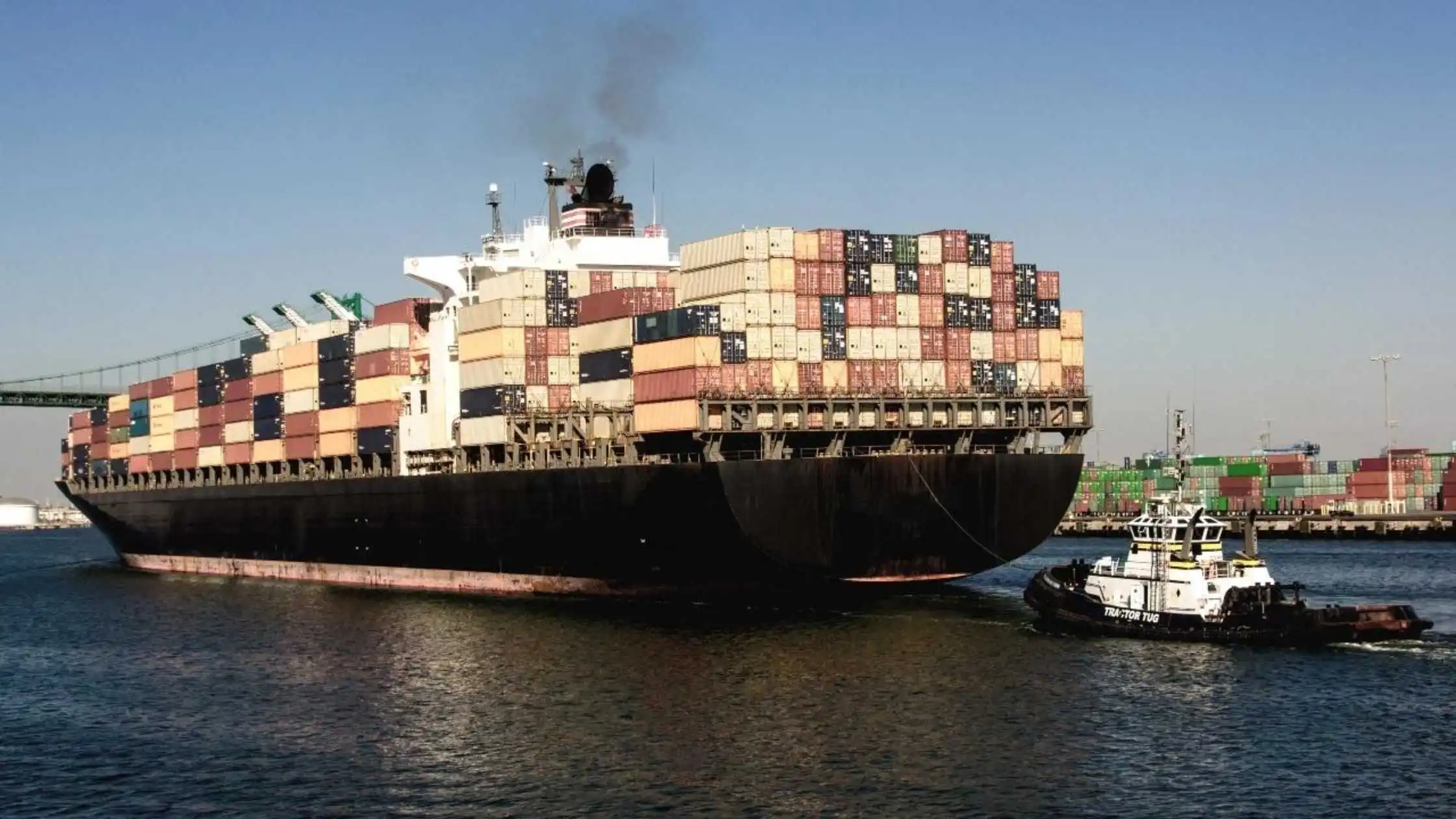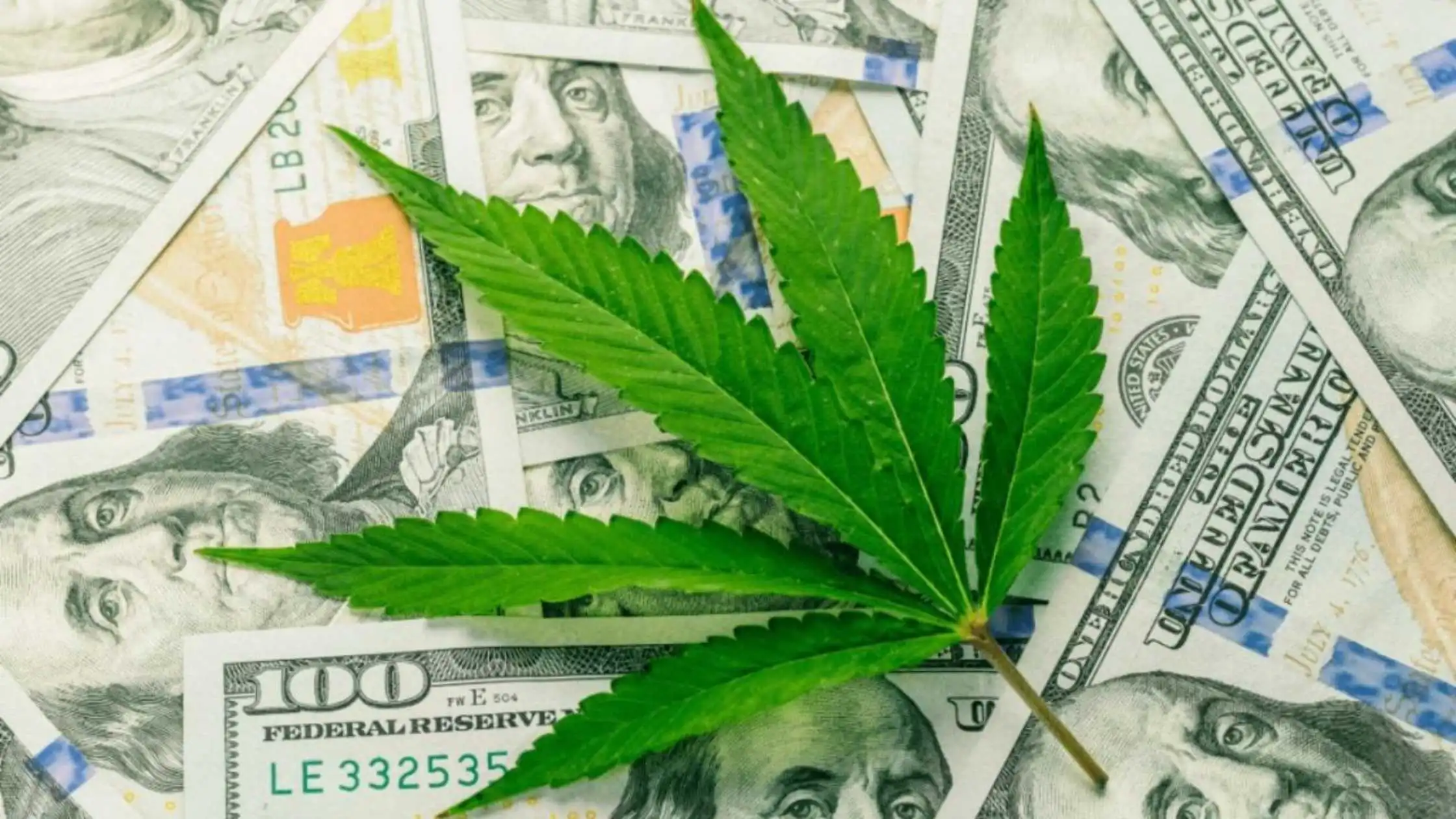California marijuana companies – already facing labor shortages, high taxes, and regulatory red tape – are now contending with supply-chain gridlock, forcing many to reassess and revamp procurement strategies as margins shrink.
The constraints gripping the global economy are a combination of pandemic-fueled labor woes, shipping and product delivery delays, and rising prices on everything from raw materials and equipment to fleets and utilities.
“Everything is costing a lot more, especially on the industrial side,” said Will Brophy, head of operations of Nabis, a cannabis wholesale distributor in Oakland.
One eye-popping illustration: Las Vegas-based Hara Supply, one of the world’s largest pre-roll distributors, has seen container shipping costs from India jump from $3,000 before the pandemic to $25,000 today, a whopping 733% increase.
That price surge comes as inflation is accelerating nationally.
In November, the U.S. consumer price index climbed 0.8% for the month and 6.8% year-over-year, pushing the key inflation gauge of goods and services to a 39-year high.
The logistics crunch and rising costs, no doubt, are affecting cannabis operators from coast to coast, but nowhere is the effect more immediate than in California: More than 40% of the nation’s maritime imports pass through the adjoining ports of Los Angeles and Long Beach alone.
For its part, Nabis faces significantly higher costs for its third distribution center, which the company plans to open this summer.
The planned hub is an 86,000-square-foot facility in the Central Valley, nearly doubling Nabis’ warehouse space in L.A. and Oakland combined.
Nabis has seen construction, renovation, maintenance, and fleet costs rise rapidly over the past six months, while procurement cycles on some products have been delayed for weeks.
Brophy said that in only one example of many, totes were typically delivered withinwithin’re days; now, they take two to four weeks. “The cost of shipping has gone up. The cost of steel has increased considerably in the last year,” he added.
New vehicles are also hard to find, and used cars cost more. Refrigerated trucks are also scarce, which is a repercussion of the global microchip shortage.” There are a lot of hidden costs that come with inflation in the general market,” Brophy said.
Scrambling for parts and materials
Nabis is far from the only California cannabis operator feeling the pinch of the nation’sthenation’s supply-chain problems.
Atlas Seed, a supplier of cannabis seeds in Sonoma County, saw its margins plummet the past year due to skyrocketing material costs. “Some materials are now twice as expensive or nearly impossible to procure, from packaging materials to drip tape for our irrigation systems,” said William Hancock, the company’s co-owner and sales director.
An oversupply of marijuana flowers in California has also cut into sales by reducing seed demand and prices.
In 2020,” ” we experienced a seller’s market for cannabis flower and were able to make a 70% to 80% profit margin”” Hancock said.
But last year, he added that profit margins sank 80% on average last year.
Copper prices surge
The price of copper tripled during the construction of 4FrontVentures”, a recently opened 170,000-square-foot cultivation and processing plant in the Los Angeles suburb of Commerce.
The Phoenix-based multistate operator has also dealt with vape hardware shortages for months and prolonged port delays.” “There are these massive unforeseen shipping delays,” said Josh Krane, 4Front’ss vice president of operations in California.” I have machines waiting; I have packaging waiting. I have everything but raw edible ingredients waiting in those ships right now.“”
The problem is widespread enough to affect ancillary companies, such as San Francisco-based InSpire Transpiration Solutions, which specializes in heating, ventilation, and air conditioning (HVAC) systems.
Even though thecompany’ss supply chain is primarily domestic, InSpire has dealt with global parts shortages, particularly microchips used in condenser fans and programmable controllers.” “Everyone is competing with big tech and the automotive industry for these parts“” Chief Operating Officer Bryan Hesterman said.
Supply-chain constraints hit InSpire last summer on several fronts.
According to Hesterman, pandemic-related factory closures, truck driver shortages, and the suspension of service guarantees by the nation’s largest delivery providers have delayed thecompany’ss pickups and deliveries for months.” “This makes it difficult to set clear expectations for our clients regarding delivery schedules,” he said.
Searching for solutions
With cannabis product packaging materials—such as paper, corrugate, and plastics—increasing 25% to 60% last year, suppliers have had to get creative to mitigate costs, contends Jesse Dixon, director of strategic planning for China-based GPA Global.
The packaging manufacturer, which operates a facility in the San Fernando Valley, is now buying raw materials in bulk and simplifying packaging to lower costs.
The company also leverages supply-chain partnerships with other global manufacturers to avoid” unaffordable freight cost” while relying on domestic production in Southern California and Massachusetts to redesign packaging and manufacturing solely for the U.S. market.” Our Los Angeles facility has performed miracles to support California brands which desperately need a source for quick-turn packaging“” said Dixon, who’ss based atGPA’ss Chatsworth operation just outside L.A.
According to Krane, 4Front is now ordering hardware from Asian and domestic suppliers six to nine months before production begins.
Beyond sourcing earlier, 4Front has also signed agreements with vendors to store inventory and absorb some carrying costs.” We’re constantly trying to shop for new vendors,“ Krane said. “. “The game’s real name has been trying to lock down and find already domestically landed inventory pools.”
Las Vegas-based pre-roll manufacturer Hara Supply has relied on its nine manufacturing plants in India to fulfill cone orders for more than 100 California brands, packagers, distributors, and resellers.
According to founder Bryan Gerber, during the pandemic, Hara has managed to boost overseas production from 3 million pre-roll cones per month to more than 20 million for the California market alone.“ Because we’re not buying capacity from someone like the other cone manufacturers or brands, we were able to prioritize customers,“ Gerber said.
Nabisdoesn’tt plan to revert to just-in-time manufacturing, a common industry practice where production is geared to meet demand rather than creating surplus inventory.
Now, the company is trying to stock up on raw materials and set up other contingencies.” Folks recognize the supply chain isn’t infallible,“ Nabis” Brophy said.” We’ve had to considerably move up our warehouse procurement process to account for a multiweek procurement cycle for specific products.” Some of these preventive measures taken now will probably stay in place for quite a while.”
Disclaimer: https://mjbizdaily.com/supply-chain-crunch-hits-california-marijuana-companies





